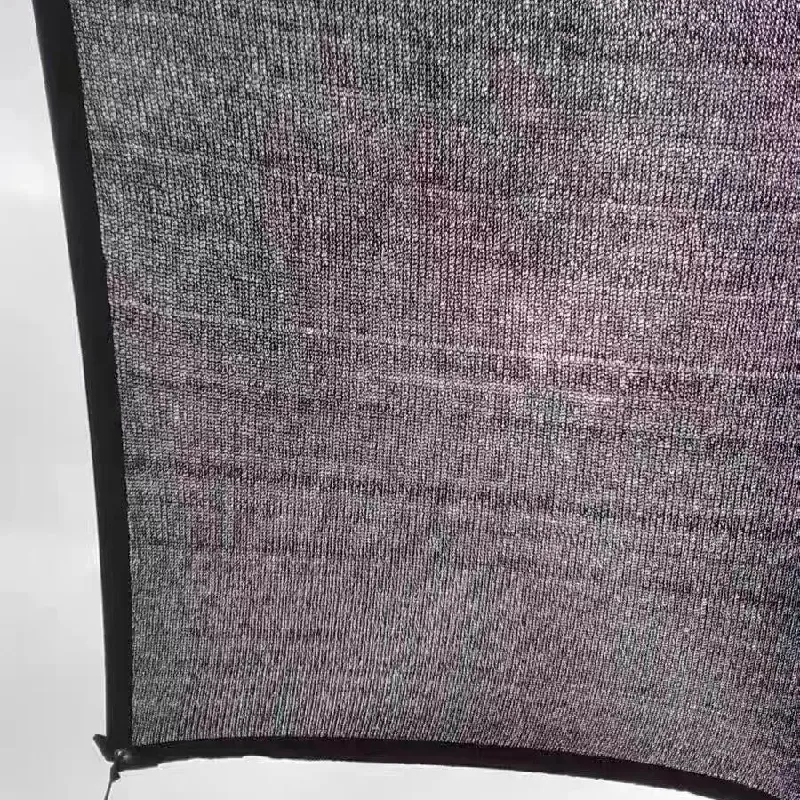-
 Afrikaans
Afrikaans -
 Albanian
Albanian -
 Amharic
Amharic -
 Arabic
Arabic -
 Armenian
Armenian -
 Azerbaijani
Azerbaijani -
 Basque
Basque -
 Belarusian
Belarusian -
 Bengali
Bengali -
 Bosnian
Bosnian -
 Bulgarian
Bulgarian -
 Catalan
Catalan -
 Cebuano
Cebuano -
 China
China -
 Corsican
Corsican -
 Croatian
Croatian -
 Czech
Czech -
 Danish
Danish -
 Dutch
Dutch -
 English
English -
 Esperanto
Esperanto -
 Estonian
Estonian -
 Finnish
Finnish -
 French
French -
 Frisian
Frisian -
 Galician
Galician -
 Georgian
Georgian -
 German
German -
 Greek
Greek -
 Gujarati
Gujarati -
 Haitian Creole
Haitian Creole -
 hausa
hausa -
 hawaiian
hawaiian -
 Hebrew
Hebrew -
 Hindi
Hindi -
 Miao
Miao -
 Hungarian
Hungarian -
 Icelandic
Icelandic -
 igbo
igbo -
 Indonesian
Indonesian -
 irish
irish -
 Italian
Italian -
 Japanese
Japanese -
 Javanese
Javanese -
 Kannada
Kannada -
 kazakh
kazakh -
 Khmer
Khmer -
 Rwandese
Rwandese -
 Korean
Korean -
 Kurdish
Kurdish -
 Kyrgyz
Kyrgyz -
 Lao
Lao -
 Latin
Latin -
 Latvian
Latvian -
 Lithuanian
Lithuanian -
 Luxembourgish
Luxembourgish -
 Macedonian
Macedonian -
 Malgashi
Malgashi -
 Malay
Malay -
 Malayalam
Malayalam -
 Maltese
Maltese -
 Maori
Maori -
 Marathi
Marathi -
 Mongolian
Mongolian -
 Myanmar
Myanmar -
 Nepali
Nepali -
 Norwegian
Norwegian -
 Norwegian
Norwegian -
 Occitan
Occitan -
 Pashto
Pashto -
 Persian
Persian -
 Polish
Polish -
 Portuguese
Portuguese -
 Punjabi
Punjabi -
 Romanian
Romanian -
 Russian
Russian -
 Samoan
Samoan -
 Scottish Gaelic
Scottish Gaelic -
 Serbian
Serbian -
 Sesotho
Sesotho -
 Shona
Shona -
 Sindhi
Sindhi -
 Sinhala
Sinhala -
 Slovak
Slovak -
 Slovenian
Slovenian -
 Somali
Somali -
 Spanish
Spanish -
 Sundanese
Sundanese -
 Swahili
Swahili -
 Swedish
Swedish -
 Tagalog
Tagalog -
 Tajik
Tajik -
 Tamil
Tamil -
 Tatar
Tatar -
 Telugu
Telugu -
 Thai
Thai -
 Turkish
Turkish -
 Turkmen
Turkmen -
 Ukrainian
Ukrainian -
 Urdu
Urdu -
 Uighur
Uighur -
 Uzbek
Uzbek -
 Vietnamese
Vietnamese -
 Welsh
Welsh -
 Bantu
Bantu -
 Yiddish
Yiddish -
 Yoruba
Yoruba -
 Zulu
Zulu
agricultural fencing net
The Importance of Agricultural Fencing Nets
In the realm of agriculture, maintaining the integrity of crops and livestock is crucial for productivity and sustainability. One of the most effective tools farmers utilize to safeguard their investments is agricultural fencing nets. These specialized nets serve multiple purposes, ranging from protecting crops from wildlife to preventing livestock from wandering off, ensuring that the agricultural ecosystem remains balanced and productive.
Agricultural fencing nets are specially designed barriers made from various materials, including polyethylene, nylon, and high-tensile wire. These materials are chosen for their durability, resistance to environmental factors, and effectiveness in providing secure barriers. The design of these nets can vary significantly depending on their intended use. For example, some nets are crafted to contain small animals like poultry, while others are robust enough to keep larger wildlife at bay.
One of the primary benefits of using agricultural fencing nets is their ability to prevent crop damage caused by animals. Deer, rabbits, and other marauding creatures can quickly decimate a farmer’s hard work if left unchecked. By erecting a fencing net around fields, farmers can create a physical deterrent that keeps these animals out, thus maximizing their yield. This proactive approach not only protects potential profits but also contributes to overall food security by ensuring that crops can flourish without undue interference.
agricultural fencing net

In addition to crop protection, agricultural fencing nets also play a vital role in livestock management. Farmers who rear animals such as cows, sheep, and goats rely on sturdy fencing nets to keep their livestock contained within designated areas. This prevents animals from straying onto roads or neighboring properties, reducing the risk of accidents and conflicts. Moreover, well-fenced pastures allow farmers to efficiently manage grazing patterns, ensuring that the land is not overgrazed and remains fertile for future use.
Another significant advantage of using agricultural fencing nets is their versatility. Modern farming practices often require flexibility, and fencing nets can be easily adjusted or relocated as farming needs change. This adaptability is particularly beneficial for farmers who practice rotational grazing or those who frequently change crop layouts. The lightweight nature of certain nets also makes them easy to install and remove, saving farmers valuable time and labor costs.
Sustainability is another consideration for today’s farmers, and agricultural fencing nets are often designed with eco-friendly materials that minimize environmental impact. Many manufacturers prioritize recyclable or biodegradable options, aligning with the growing trend of sustainable farming practices. This conscious approach not only helps in preserving the environment but also appeals to consumers who increasingly value sustainability in their purchasing decisions.
In conclusion, agricultural fencing nets are an indispensable component of modern farming. Their ability to protect crops, manage livestock, and adapt to changing agricultural needs makes them a vital investment for farmers. As agriculture continues to evolve, the role of fencing nets will likely become even more significant, helping to ensure a balance between productivity, sustainability, and the protection of natural resources. By leveraging these tools, farmers can secure their livelihoods while contributing to the broader goal of sustainable agriculture.
-
Shipping Plastic Bags for Every NeedNewsJul.24,2025
-
Safety Netting: Your Shield in ConstructionNewsJul.24,2025
-
Plastic Mesh Netting for Everyday UseNewsJul.24,2025
-
Nylon Netting for Every UseNewsJul.24,2025
-
Mesh Breeder Box for Fish TanksNewsJul.24,2025
-
Expanded Steel Mesh Offers Durable VersatilityNewsJul.24,2025











